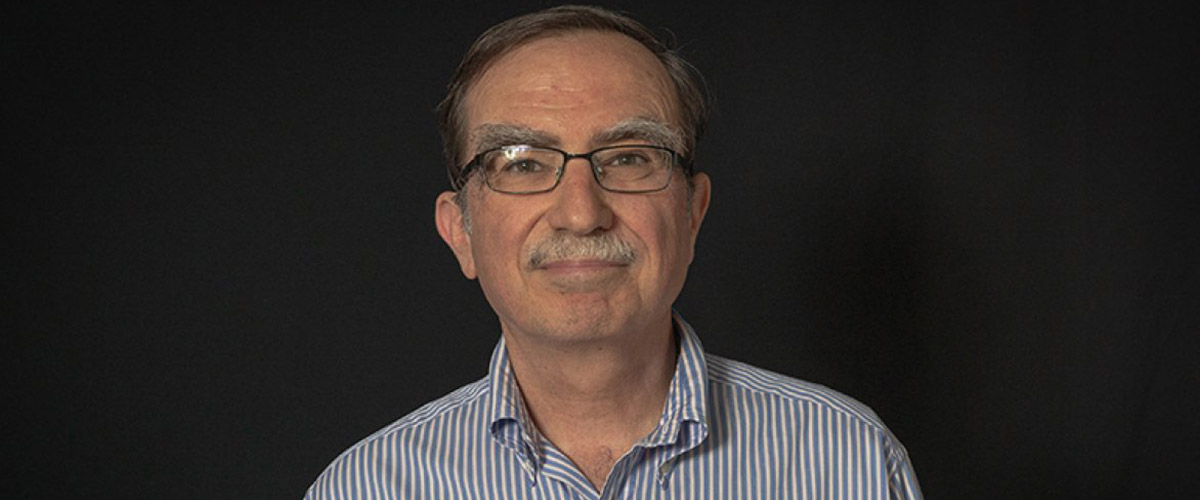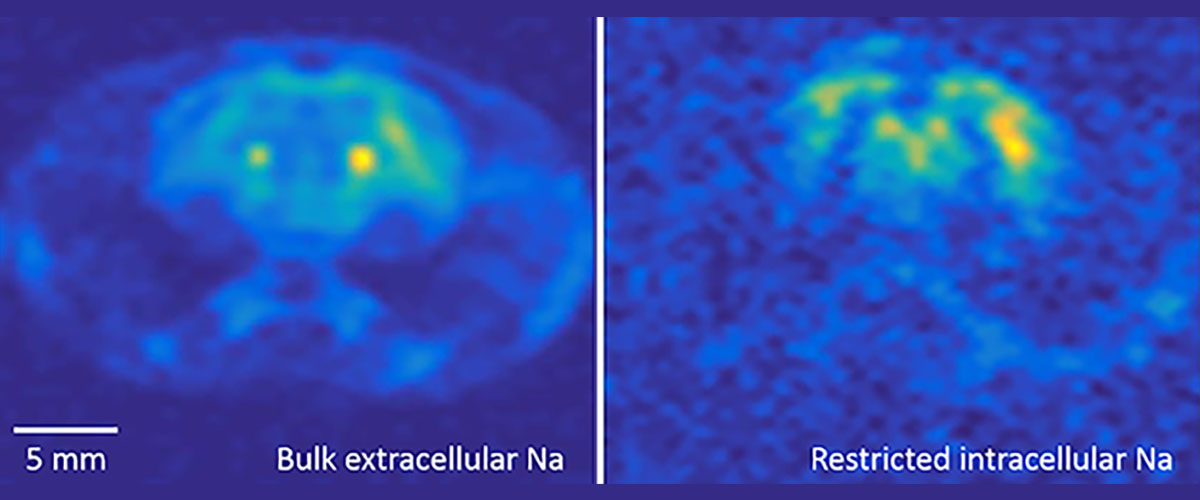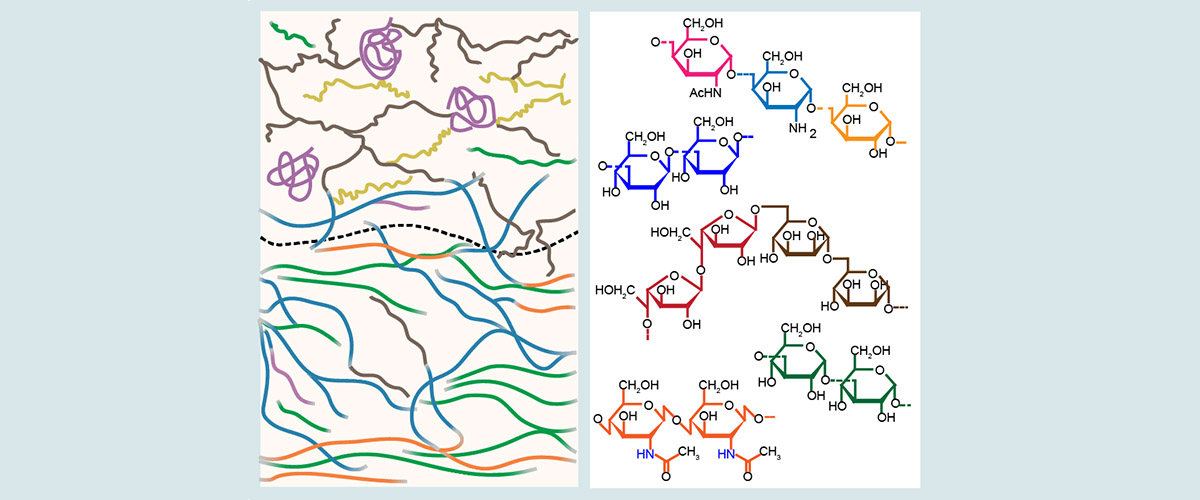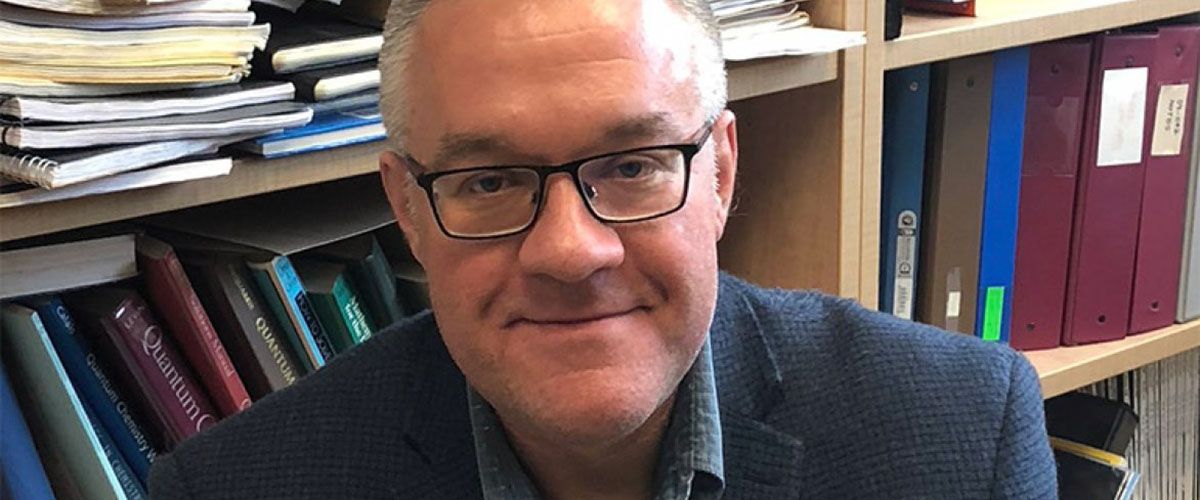Contact: Kathleen Haughney
TALLAHASSEE, Fla. — An accomplished chemist who has helped steer the direction of chemical and biological research at the National High Magnetic Field Laboratory has been named Florida State University's 2019-2020 Robert O. Lawton Distinguished Professor.
Timothy Cross, professor of chemistry and biochemistry, will be honored at the 2019 spring graduation. Being named a Lawton professor is the highest honor given by FSU faculty members to one of their own.
"Tim Cross has been a dedicated and valued member of the FSU faculty for more than three decades," said FSU President John Thrasher. "He is a tremendous researcher and teacher who has been a mentor to countless students. The faculty members have made an excellent choice in naming Tim this year’s Lawton Distinguished Professor.”
Cross, who directs the MagLab's Tallahassee-based NMR-MRI Facility, said the honor would not have been possible without all of his students and colleagues both at FSU and around the world.
"My career at FSU has been and continues to be the result of so many talents from my chemistry and biochemistry and molecular biophysics graduate students; my postdocs and FSU colleagues in the Departments of Chemistry & Biochemistry, Biological Sciences, Physics and Mathematics, as well as my collaborators in a dozen countries," he said. "And throughout my career, teaching in the laboratory and in the classroom was inspired by my colleague and friend, Professor Kitty Hoffman."
Throughout his 34-year career at Florida State, Cross has built an impressive research portfolio by using sensitive magnetic spectroscopy to understand the function of proteins in the membranes of the influenza A virus and the bacterium that causes tuberculosis.
He has also been an integral part of the team at the National High Magnetic Field Laboratory since working on the original proposal to bring the lab to FSU. He serves as the program director of the Nuclear Magnetic Resonance Facility.
Cross noted that many important milestones of his career have been marked by his work at the MagLab.
"In the year I received tenure I worked on drafting the science justification for bringing the MagLab to FSU, which I saw as a unique opportunity to establish the first international user facility for Magnetic Resonance Imaging and its parent technology Nuclear Magnetic Resonance spectroscopy," he said. "In 1990 I worked on designing the building for this novel facility. Today, with the support of the MagLab's leadership and the superb scientific and technological skills of this facility's staff as well as the spectacular efforts of the Magnet Science and Technology group, we attract hundreds of stellar researchers from dozens of countries to the NMR/MRI User facility and to FSU."
Alan Marshall, the chief scientist of the Ion Cyclotron Resonance Facility at the MagLab, received the Lawton professorship designation in 2006. In a letter nominating Cross for the honor, Marshall detailed Cross' extensive history at Florida State. In particular, he noted that Cross has been actively involved in the development of the MagLab since it came to Florida State and helped bolster the lab’s biological and chemical research projects.
"Although chemistry and biology were minor components of the MagLab before it moved to Tallahassee, today more than 40 percent of the scientific productivity is now in chemistry and biology (annually 150 papers) spread over a variety of disciplines, a product of the original plan that Cross helped to develop," Marshall wrote.
Cross has authored 234-peer-reviewed articles and has brought in more than $41 million in research dollars to Florida State. He has mentored 44 undergraduates, 38 graduate students and 25 postdoctoral scholars while at FSU.
In addition, Cross has attracted major recognitions in his field. In 2008, he was named a fellow of the Biophysical Society, and in 2010, he received the Florida Award from the American Chemical Society as the state’s top chemist. In 2016, he was named a Fellow of the International Society for Magnetic Resonance.
MagLab Director Greg Boebinger wrote in his nomination letter that Cross had made a myriad of contributions to the lab that cemented its international reputation.
"Through his vision and hard work, Tim Cross has been integral to the growing success of the MagLab over the past two decades," he wrote. "His many and sustained contributions to building the national and international prestige of Florida State University are worthy of the great honor of being named a Robert O. Lawton Distinguished Professor."
Cross also received nomination letters from scientists at the Massachusetts Institute of Technology, California Institute of Technology, University of Illinois at Chicago and the National Institutes of Health.
Cross received his bachelor’s degree from Trinity College in Connecticut and his doctorate from the University of Pennsylvania. He worked as a postdoctoral researcher at the University of Pennsylvania and Universität Basel before coming to Florida State in 1984.
Watch a video about Tim Cross earning the Robert O. Lawton award.
Story by Kathleen Haughney, courtesy of FSU Communications






